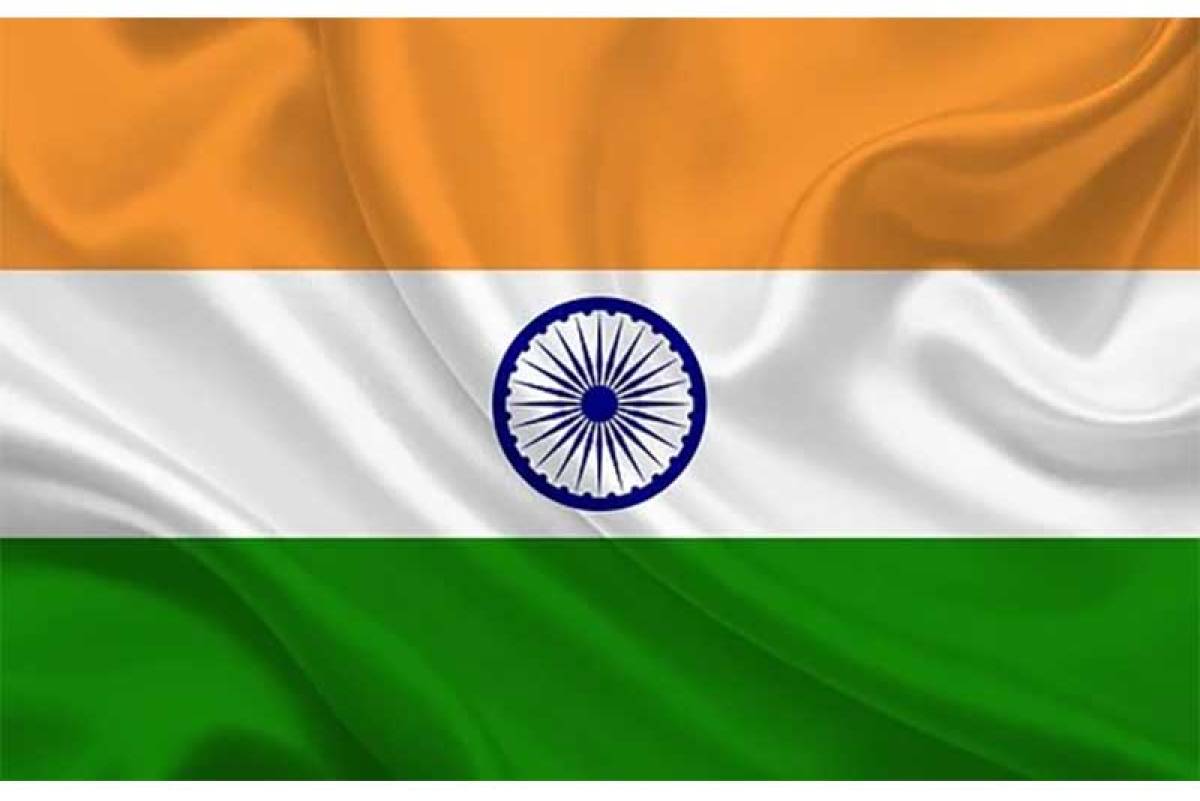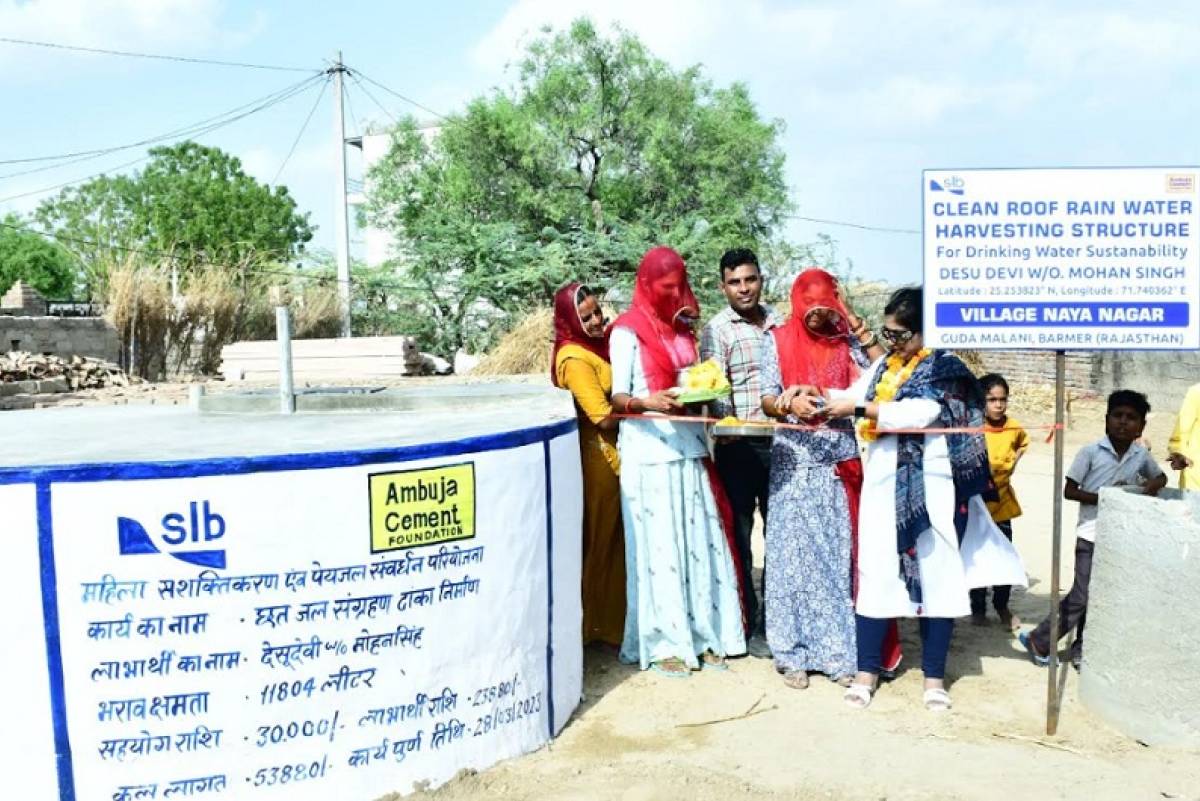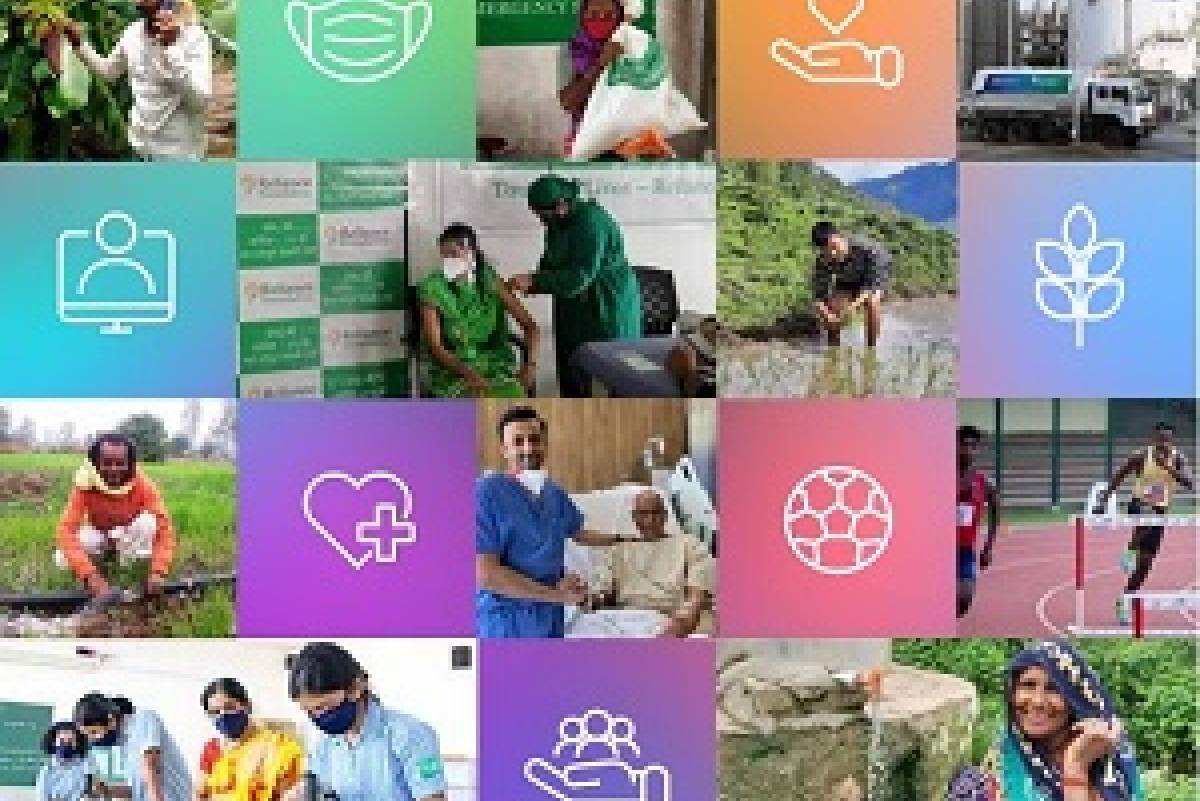
By doing so, the TCCF joins the first-ever multi-stakeholder partnership to support the local government-run initiative towards waste management, along with the Ministry of Tourism, Madhya Pradesh, under their initiative 'Clean Destinations'. The initiative also embraces India's 'Swachh Bharat' mission to strengthen sustainable waste management across the country, especially in villages.
An MoU was signed today, in the presence of Hon'ble Governor Mr Mangubhai C. Patel; Smt. Usha Thakur from Minister of Tourism; Shri. Brajendra Pratap Singh, Minister Of Mineral Resources and Labour, Madhya Pradesh; Shri VD. Sharma, Member of Parliament, Khajuraho; Shri. Sheo Shekhar Shukla, Principal Secretary of Tourism Madhya Pradesh; Mr Sanjay Kumar Mishra, the District Collector; along with Mr Rajesh Ayapilla and Mr Rajiv Gupta from Coca-Cola India and South-West Asia.
Under the Responsible Tourism Mission, an innovative initiative Project 'Clean Destination' has been started by the Madhya Pradesh Tourism Board, Department of Tourism. Shri Sheo Shekhar Shukla, Principal Secretary, Tourism, informed that, in the first phase, the project would be started in 30 villages around Panna National Park. An MoU has been signed between the Madhya Pradesh Tourism Board and Bangalore based 'Saahas'. The Coca-Cola Foundation (TCCF) has provided financial aid for the same."
Ms Saadia Madsbjerg, President of TCCF, said, "We are proud to use our resources to fund initiatives for creating sustainable waste management solutions. And we are humbly confident that this grant will help repurpose waste effectively on our journey to drive progress in the Panna National Park region. TCCF and The Coca-Cola Company (TCCC) support achieving a World Without Waste (WWW), a bold, ambitious goal of achieving 100% collection and recycling by 2030. WWW signals a renewed focus on global sustainable waste management."
Sonia Garga, Program Director, said, "Saahas is very excited to be part of this initiative, and we envisage that this project will become an example of sustainable waste management practices for national parks and natural tourist attractions. National parks pose some unique challenges due to their remote location and large waste generation by tourists. However, they also offer a great opportunity. The message of sustainable living can be conveyed very impactfully in these pristine surroundings. The parks can take this message far and wide through the large number of visitors coming from all over the country.
We look forward to contributing towards keeping our natural heritage clean and green!"
The key focus of this Solid Waste Management (SWM) program encompasses setting up infrastructure for waste collection and transportation systems, ensuring the creation of end destinations for all waste categories. Additionally, it incorporates Information, Education and Communication (IEC) and awareness campaigns to bring about awareness and behavioural change amongst tourists towards waste segregation and management.
Under this project, waste management infrastructure, including collection centres, will be set up for all 30 villages. This project will also provide motorized vehicles and pull carts throughout the project area for the collection and transportation of waste. Wet waste composting will also be set up for two larger villages, Madla and Hinauta. Separate colour-coded waste segregation bins will be placed at all prominent tourist spots and entry gates of the National Park.
The Madhya Pradesh Tourism Board will play a pivotal role in implementing the project, with different state government departments and institutions, including the Forest, Rural, Urban and Revenue department and the district panchayat office. The department has extended its immense support by providing land to set up collection infrastructure along with necessary civic amenities across 30 villages to ensure the sustainability of SWM systems.




